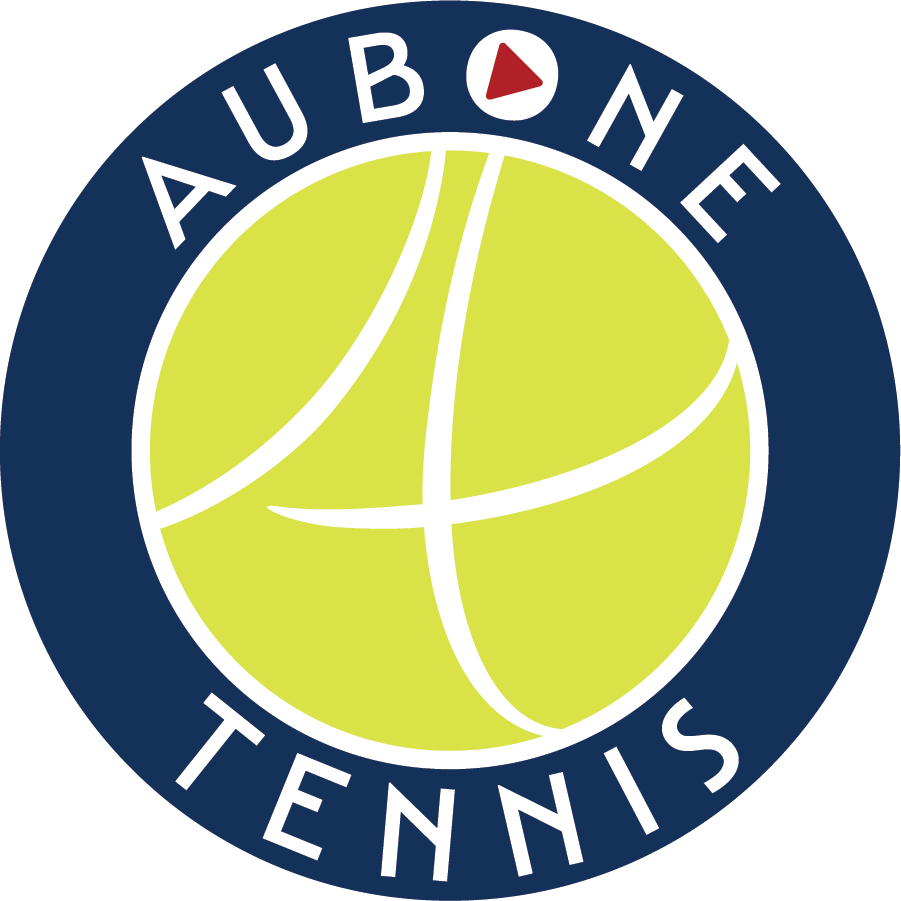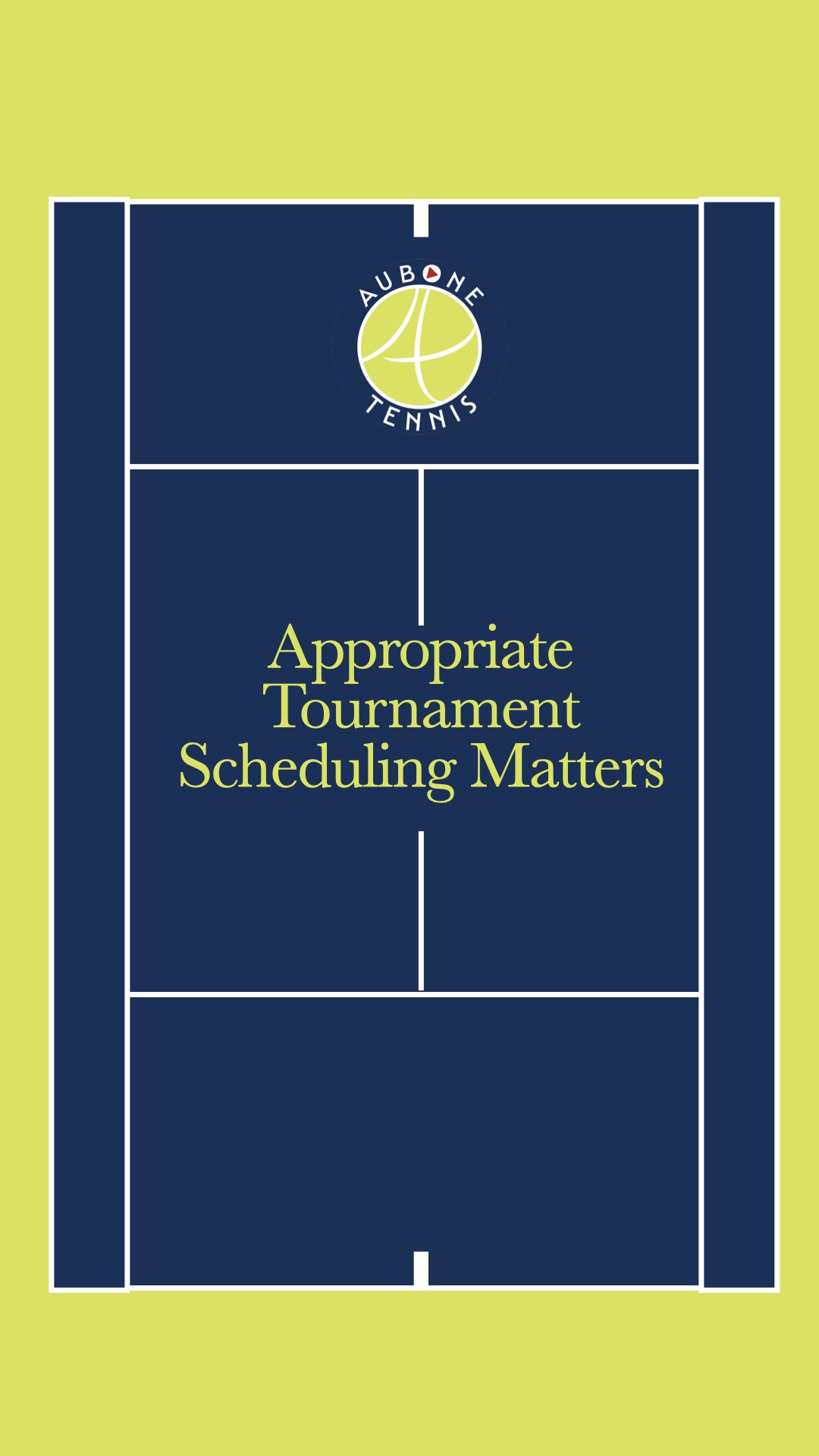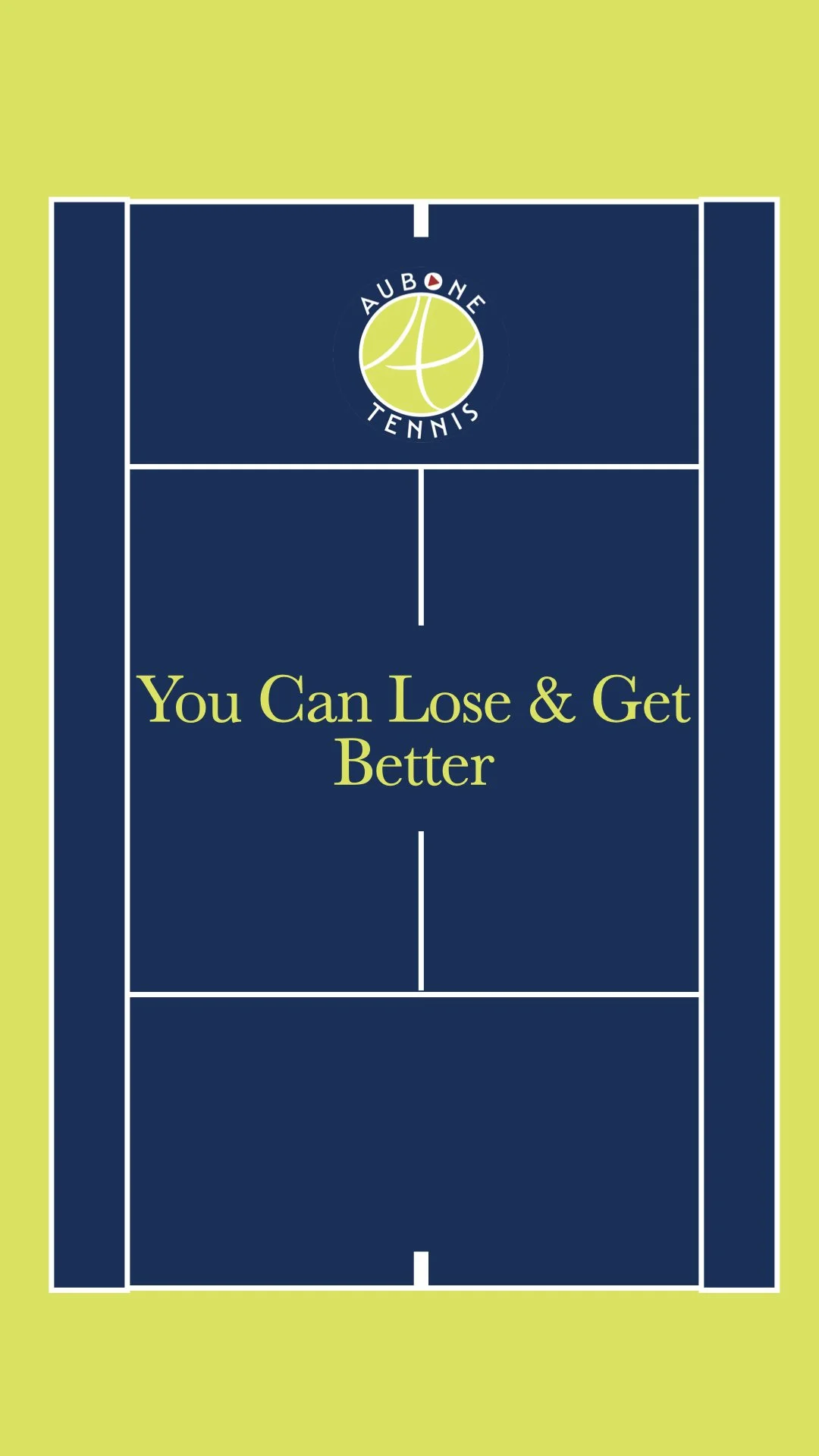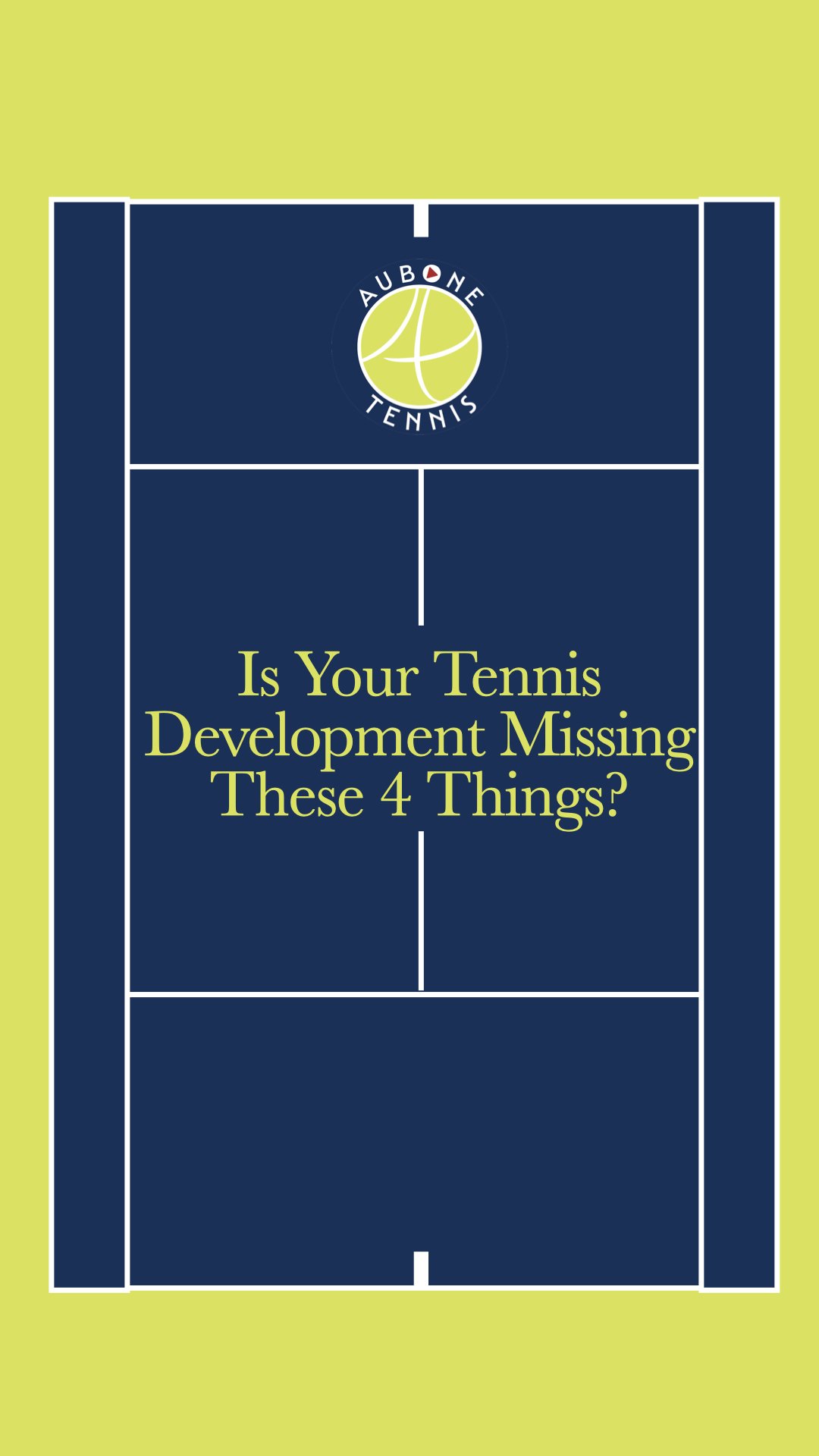Subscribe Now!
Subscribe now to get these blogs delivered directly to your inbox. You’ll also receive free access to the special updates page where I’ll be sharing my experience being a coach on the ATP Tour.
4 Tips to Improve Your Recovery During Tennis Tournaments
Recovery has become one of the hottest topics in junior tennis talk over the last few years. With the implementation of doubles at so many events, kids are finding themselves consistently playing 3-4 matches a day. Hopefully this blog can help players avoid that same fate, and instead play their best tennis when it really counts.
The Great Debate: Open Stance or Closed Stance
With each one having its own advantages and disadvantages, which one is the right one to use as often as possible?
How I Would Structure a High Performance Player’s Training Week Leading Into a Tournament
When it comes to planning your training week, whether you’re playing a tournament on the upcoming weekend or not should always be taken into account. It will affect how much you practice, how much strength & conditioning you do, how many sets you play, how much time you spend on technical work, and how much time you spend drilling.
How important is it to train with higher level players?
This blog was a difficult one to write, so I will be directing you to the podcast instead. Answering this question is straight forward, but finding that type of environment is difficult. There will always be a higher level training group so at some point, a coach has to say no, they can’t move you up. So here are the main points of the podcast, and I encourage you to watch or listen to the podcast to get all of the details behind my thoughts:
Redefining What A Weapon In Tennis Is
Many kids fail to maximize their potential because we put too much emphasis on developing weapons that have the ability to hit amazing winners that ohhh and ahhhh people, and not enough time on weapons that require ball control skills, patience, and strategy skills.
My Dream Junior Tennis Training Setup
This is all just my personal preference. I’ve spent some time training at many different places. At the end of the day, I think this type of environment will best help a junior develop into a great tennis player, while having a great experience. Unfortunately, it’s hard to find our unicorn, but we can sure get close!
6 Tennis Nutrition Tips
The food and liquids we consume have a direct affect on our energy and our mood. If you’re going to spend thousands of dollars a year on tennis training, the last thing you want is for your nutrition to ruin everything. Give this area the same attention you would any other part of your tennis training.
Homeschool Hack For Junior Tennis Players That Go To Regular Schooling
I can’t help you with your school being upset about absences due to tournament travel, but I can help you in regards to a better training environment. It’s going to be a huge commitment, but if you’re considering homeschooling, you’re already extremely committed to doing everything possible for your child’s success.
SwingVision is a Must for Junior Tennis Families
My biggest frustration as a professional player was not being able to afford to travel with a coach. It was too expensive. I was already losing money traveling by myself. If I brought my coach, my debt would skyrocket.
How to Improve Your UTR
This blog reveals the fastest, most efficient way to improve your UTR dramatically! Nothing we want comes easy though so prepare yourself.
If Your Goal is to Maximize Your Potential, Division 1 Cannot Be THE Goal
I think we need to stop asking kids to make achievement goals, and only do performance goals.
What Are Match Play Skills & How to Develop Them
If you’re like me, your passion for tennis includes competition. That passion goes beyond simply learning how to hit a ball. It goes beyond how to have the perfect technique.
It’s about stepping on the court, across from an opponent, and enjoying the chess match that a tennis match requires. It’s about figuring out how to give yourself the best chance to win.
To do this well, a player needs to have match play skills. These skills are:
- how to use your strengths and hide your weaknesses
- how to position yourself
- what adjustments to make in your strategy
- developing the routines in between points such as how to breathe, when to take time, when to play fast
- how to handle cheating
Appropriate Tournament Scheduling Matters
If someone’s tournament schedule isn’t handled appropriately, they won’t be prepared to play well. And if they don’t know what constitutes an appropriate tournament schedule, they’ll incorrectly have high expectations going into an event. They’ll be all excited as they’re playing their first tournament in a while. They’ve practiced a lot. They think they’re ready to compete!
And then boom!
They experience nerves under pressure for the first time in weeks.
You Can Lose & Get Better
“When people believe their basic qualities can be developed, failures may still hurt, but failures don’t define them. And if abilites can be expanded-if change and growth are possible-then there are still many paths to success.” - Carol Dweck “Mindset”
How to Fix Your Tennis Elbow FOREVER
All those tennis elbow gadgets they sell in pro shops or tennis websites or commercials are not your answer. They’re selling you a short term solution. They can all provide some relief but they’ll never permanently fix the problem.
Why Video Is So Important After A Match
Both conclusions can be confidence boosters, but choosing the wrong analysis will prove to be detrimental in the future.
If you make adjustments where adjustments didn’t need to be made, then you’ll create a problem for no reason. On the other hand, if you don’t make any improvements in your game when you should have, then you’ll miss an opportunity to get better, and you’ll lose more matches because of the same mistakes.
Find A Coach Who Doesn’t Care About Your Feelings
“You should slow down and get advice from a particular kind of person. Somebody who likes you but doesn’t care too much about your feelings. That person is more likely to give you good advice.” - Daniel Kahneman
Start At The End
When you’re focused on beating your current opponents, you’re only focused on marginal improvements. But players make their biggest jump in playing level when they’re under the age of 18. Their bodies are growing. Their muscle memory is still open to big changes. Their brains are ready to learn new things. Players need to take advantage of this and think of how they can make the biggest long term improvements in their game to reach their ultimate desired level of play.
4 Things Your Tennis Development is Missing
The biggest difference between the best junior tennis players and everyone else is how well structured their development was. No child made it to the top by random chance. By the age of 12-14, their development started to be planned for success. And the development plan for those lagging behind was consistently missing four things.
5 Most Important Things A Junior Tennis Player Must Develop
“A jack of all trades, master of none.”
If a player works on too many things at once, they’ll be mediocre at everything, great at nothing. It’s better to master the most important things first, then start adding in everything else later/
Theres are the 5 most important things a junior player should work on once they have the basic skills down:




















